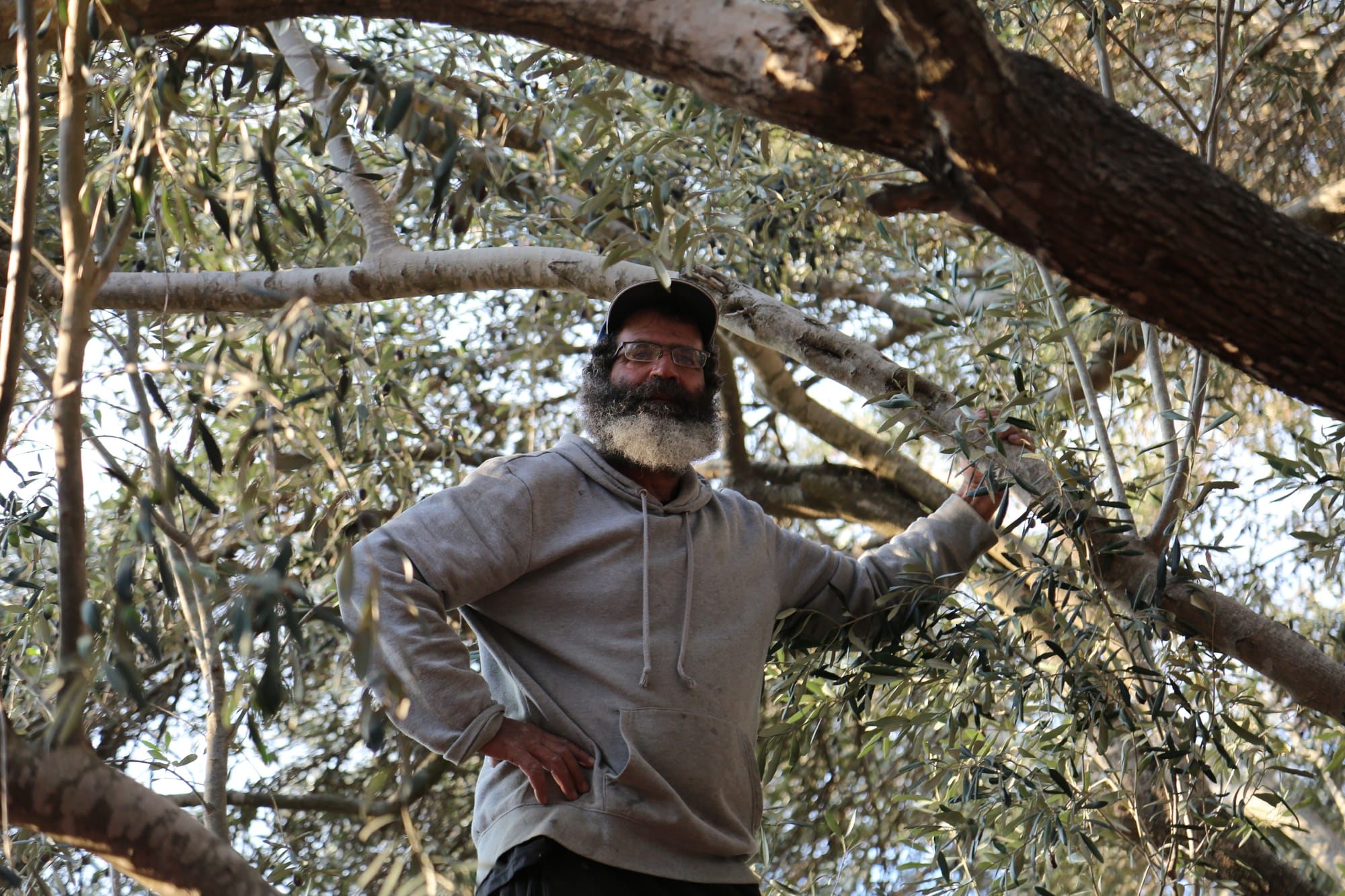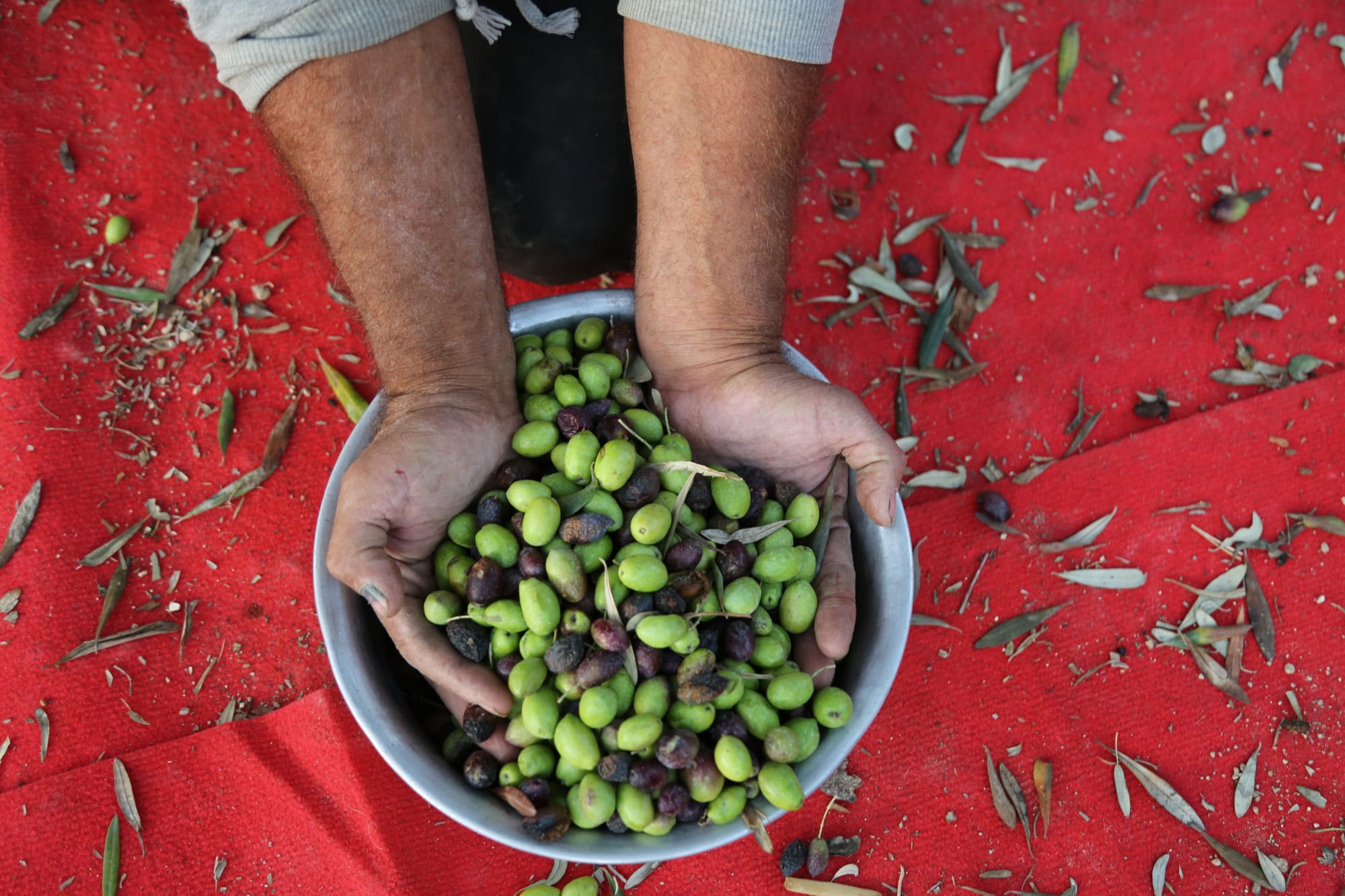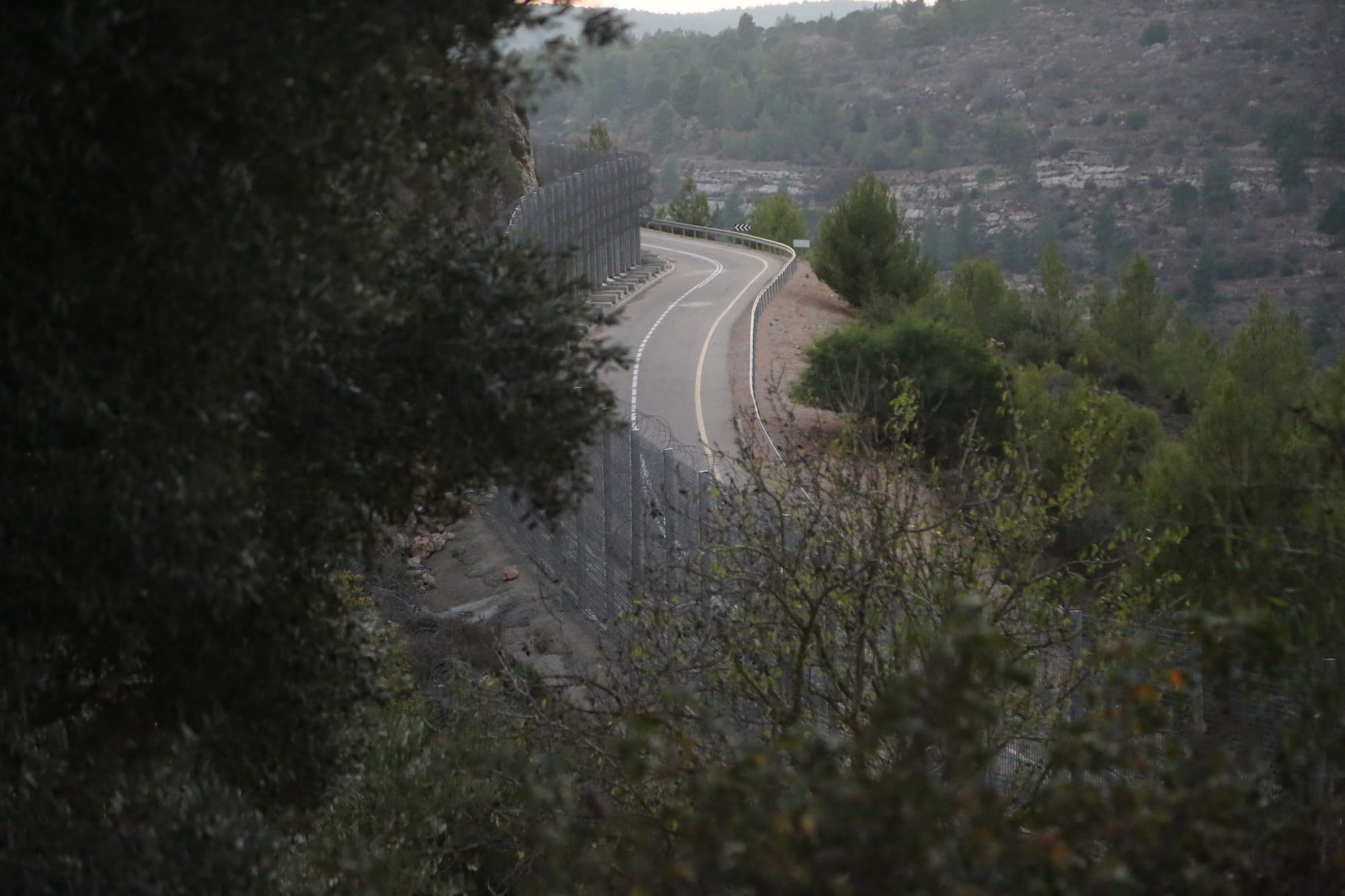Israel is 'waging a war on our olive trees'

After the first rainfall of autumn, Salah Abu Ali announced the harvest of one of the world’s oldest olive trees in al-Walaja, a Palestinian farming village between Jerusalem and Bethlehem. He spread red mats around the enormous gnarled trunk, fetched wooden ladders to reach the high branches and gathered his family under the monumental tree.
‘Everyone comes to pick olives, the young and the old. It’s our source of income and our source of hope. This tree has been feeding people for thousands of years,’ says Abu Ali. Scientists who studied the tree estimated its age at between 4,000 to 5,000 years, predating any of the Abrahamic religions. Nearly half of all cultivated land in the occupied West Bank and Gaza is planted with olive trees, and around 100,000 Palestinian families are estimated to rely on their groves as a source of income.

But al-Walaja is besieged by Israeli settlements and the separation fence that has cut off farmers from their lands. ‘Before the wall was built, we had a lot of old olive trees here,’ says Abu Ali, pointing to the nearby fence of a settlers’ road encroaching on his land. ‘Now we live in a prison.’

As Israeli settlements expand, picking olives has become an increasingly dangerous activity. In the West Bank, restrictions imposed by the Israeli army have prevented Palestinians from reaching their ancestral lands, while settlers escalate their attacks against Palestinian farmers to expel them from the land.
During this year’s harvest, the UN’s OCHA agency has documented 250 settler attacks across the West Bank, with more than 2,800 trees burnt or cut down, making it the ‘the most dangerous olive season ever’. Palestinians report being shot at with tear gas and sound grenades by soldiers to prevent them reaching their olive groves. On October 17, Hanan Abu Salameh, a 59-year-old mother of seven, was shot dead by Israeli soldiers while harvesting olives near the apartheid wall in Faqqua, close to Jenin.
While olive branches have long been seen as a symbol of peace, Israel ‘is waging a war against our olive trees,’ says Ameed Aldasouqi, a farmer from Burka who was prevented from accessing his olive groves.
Last year, Palestinians were unable to harvest 96,000 dunums (9,600 hectares) of olive groves in the West Bank because of Israeli restrictions, resulting in the loss of 1,200 metric tons of olive oil, worth an estimated $10 million. In Gaza, over three-quarters of olive groves have been destroyed by Israeli attacks since October 2023.
Despite the threat of violence and dispossession, farmers like Abu Ali, the guardian of al-Walaja’s 5,000-year-old tree, remain defiant.
‘This tree survived all these years of natural disasters, earthquakes, storms and destruction caused by humans. It has defied humans,’ he says. ‘Generation after generation we have taken care of this land and this tree. My sons will take care of it. It will remain here for future generations.’
📰 Read Palestinian poet Mahmoud Darwish's poem The Second Olive Tree
📺 Watch AJ+ Voices from Gaza with Bisan Owda on the olive harvest
🤝 Support the Arab Group for the Protection of Nature's initiatives in Gaza and the West Bank and the Palestinian Environmental NGOs Network
✊ Defend Palestinian farmers in the West Bank with Faz3a and the International Solidarity Movement
Like what you've read? Support us with a tip
Are you a freelancer? Pitch us a story
Looking for more? Listen to our podcast The World Unspun

